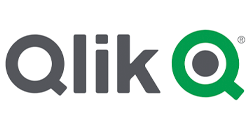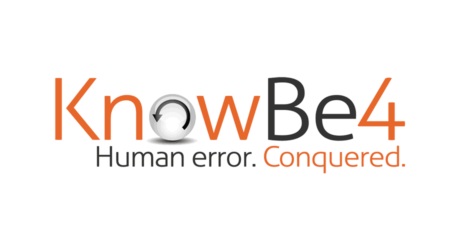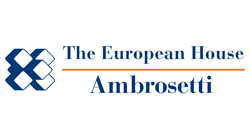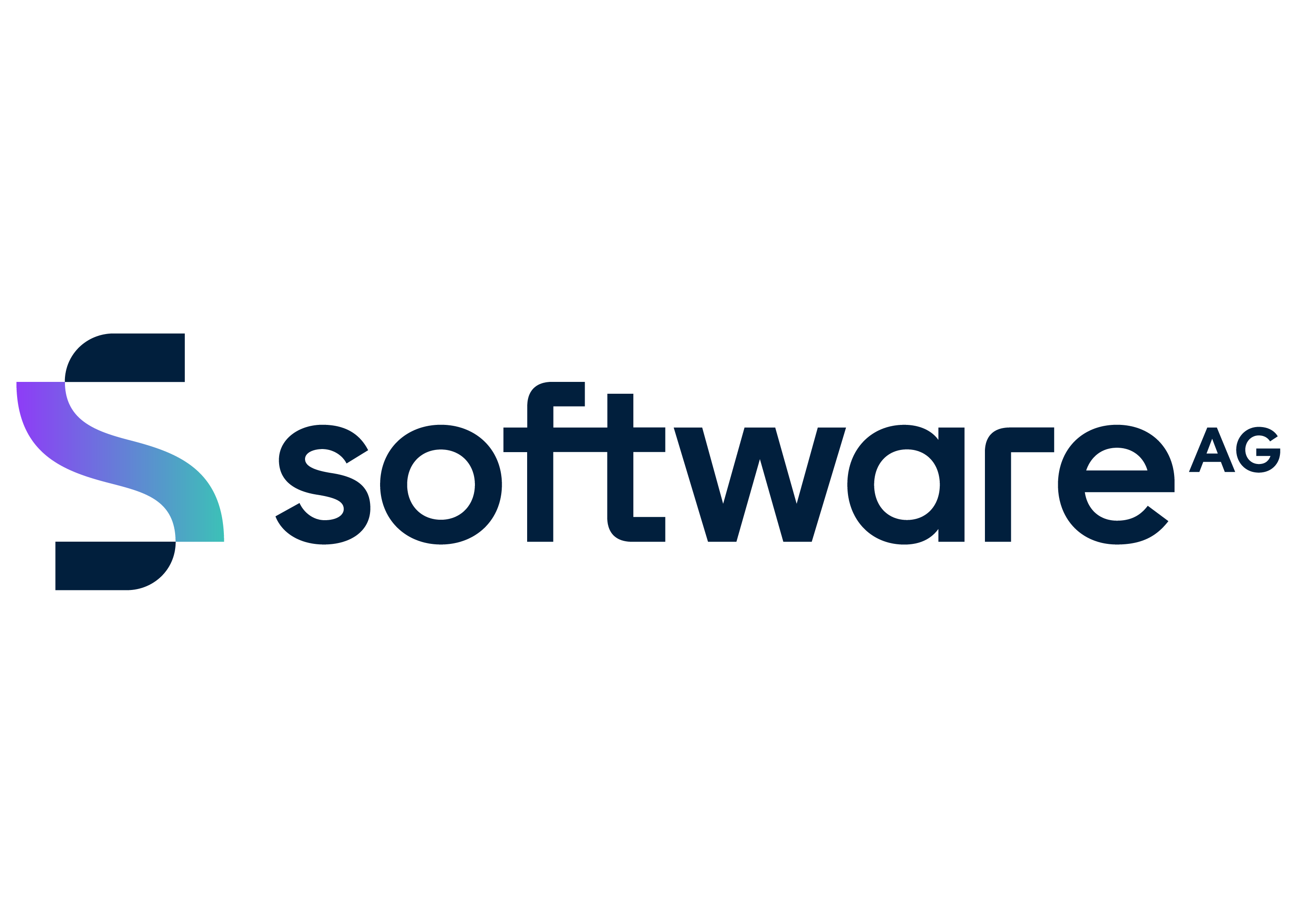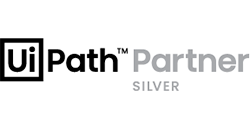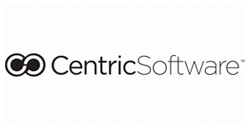PROJECT MANAGEMENT AND PMO
Project Management and Project Management Office
In the age of competitive and volatile markets, it is essential for organizations to make smart and fact-based investment decisions via digitalization. These decisions should be in line with the strategies of the organizations that continuously improve in order to keep up with the change in the markets.
Organizations work on Corporate Improvement, Innovation, New Product Development, Branding Support or Organizational Development projects to implement their strategies. We identify and prioritize these projects that constitute the next step of strategic planning performed to improve our business and achieve sustainable profitability. The success of these projects depends on efficient use of resources and sustainable outcomes. Thus, multiple project management (program and portfolio management) becomes more and more important.
Project management is the capacity of using tools and techniques in order to identify, plan, monitor and control the actions required to achieve a strategic target within a specified period of time. It also requires various management skills such as communication, interpersonal relations and budgeting. Moreover, all of these should be supported with planning and control techniques.
There are 3 main pillars of project quality: time, scope, cost. It is not possible to change one of them significantly without affecting at least one of the others. A successful project should be delivered after fulfilling defined terms at the set price and on time.
At Consulta, we apply PRIME methodology and Agile Project Management approach besides the project management method of PMI (Project Management Institute). While especially managing agility, we focus on modeling the unanticipated and quickly understanding and applying new work styles.
Establishing a Project Management Office
Project Management Office (PMO) is a formation that enables integrated management of multiple projects within the framework of a program. PMO increases the project success rate of organizations by identifying project management standards and aiming to meet these standards in all projects.
The main responsibilities of PMO in organizations:
•Supporting the coordination of scope, objective, timing and subject of all the projects in the program;
•Helping prioritization of projects in connection with business goals;
•Ensuring project actions and outputs to be efficient and of high quality;
•Contributing to information flow among managers of projects in the program and between project managers and business divisions;
•Enabling the improvement of relations between divisions and stakeholders in order to facilitate the implementation of projects.
PMO should be positioned accurately to be successful.
At Consulta, we have a 4-phase PMO formation process where we primarily identify PMO's general operating principles, mechanism, interactions with teams, working conditions and reporting formats:
1.Designing PMO structure, processes, roles and responsibilities
2.Forming PMO management and control mechanisms
3.Selecting tools, templates and methodologies required to establish the PMO and also to manage the projects
4.Creating the templates that will be used by PMO for projects
PMO Templates: Project Charter, Project Plan, Project Status Report, Project Action List, Issue and Risk List, Quality Management
We support our customers willing to digitalize their PMOs for selecting the right project management applications by reviewing the requirements of their projects with regards to product, technology, resource, performance, reporting, safety and finance, and by identifying the necessities of their business.
PMOs that are formed for effective and efficient synchronous control of multiple projects becomes even more important as divisions that
•provide necessary authority to project managers under the roof of a central structure;
•create a corporate knowledge and experience for project management and an added value as this knowledge is used in multiple projects;
•enable faster strategic decision making by ensuring efficient distribution of resources and offering instant monitoring/control/reporting opportunity.
As operational management of projects becomes centralized, the labor productivity increases. This outcome, in turn, brings operational ease and cost advantages with it.
The steps of PMO setup:
1)Training - Leveling up the project management knowledge of entire project team from sponsors to assistants
2)Process Harmony - Harmonizing processes with pilot projects and creating documentation standards
3)Application Selection - Selecting and installing the right application for both the business and the corporate culture
The infrastructure for planning and monitoring projects can be configured with project and portfolio management applications in digitalized business world. This infrastructure should be decided upon coordinated efforts with pilot project teams in line with standards set for project management. A proper guidance will make digitally enhanced infrastructure more functional. Thanks to its advanced project planning and monitoring infrastructure, PMO, the core of project management, enables controlling and reporting of all projects from a single point.
A well-designed and well-operated PMO creates the playground for project managers to manage corporate projects. Supply, cost and human resources are defined with the support of PMO and project managers carry out their projects within these boundaries enabling the entire corporate portfolio to be managed with a holistic approach. Moreover, the corporate project management culture created during this journey is integrated with the existing business manner of the organization thanks to PMO efforts.
PMO offers the entire corporate project history to the service of every new project aiming to fulfill the corporate strategy. To minimize the risk of knowledge loss that may arise in case of a change in the project team including the project manager, the entire knowledge is transferred to the new member of the project. Thus, the control of synchronous projects is simplified and effective project monitoring is enabled.
Since the projects are managed from a central PMO, the organizations may easily identify the connected projects that may provide more benefit if managed together and put them together under a single program to follow a Program Management approach. Program Management focuses on the interactions between the projects, enabling coordination of project activities.
PMO also leads the establishment of Project Portfolio Management structures that enable better execution of projects by creating different portfolios through prioritizing all projects and programs based on their objectives.

 English
English
 Turkish
Turkish
